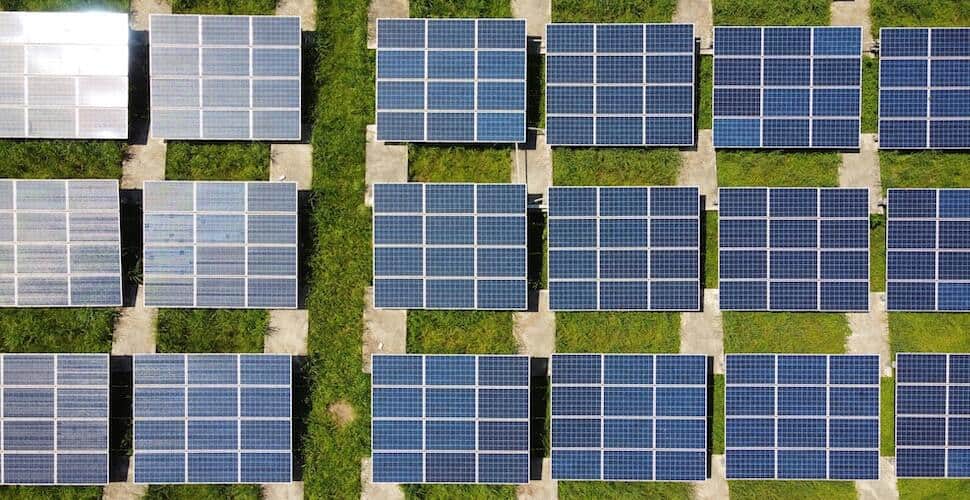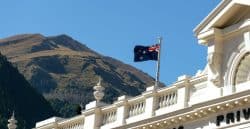Britain amends its Great British Energy Bill to ensure the new state-owned energy company, GB Energy, cannot use solar panels linked to forced labor. The decision comes after mounting pressure from MPs, campaigners, and international observers urging the government to ensure its renewable energy transition does not rely on exploitation.
Forced labor in solar supply chains
The Uyghur Region in China is a major hub for solar panel production. The region supplies as much as half the world’s polysilicon, a key material in photovoltaic technology. However, extensive evidence reveals that the systemic forced labor and repression of Uyghur and other Turkic Muslim populations have underpinned this growth.
Campaigners persistently call on the government to ensure clean energy isn’t built on human rights abuses, as China supplies over 40% of the UK’s solar panel imports.
Government under pressure to act
Last month, an amendment to block GB Energy from sourcing products linked to modern slavery was denied. However, after a backlash and the threat of a rebellion, Energy Secretary Ed Miliband introduced a new version of the amendment.
The BBC reports,
“No industry in the UK should rely on forced labour, and through Great British Energy we have a clear plan to build the supply chains needed to support a new era of clean homegrown power,” said a Department for Energy Security and Net Zero spokesperson. “We are working across government to tackle the issue of forced labour in solar supply chains.”
International Energy Agency head Fatih Birol praised the UK’s reversal as a sign of responsible leadership. They state that materials for green technology “should really be produced in a socially and environmentally acceptable way.”
Challenges ahead for ethical sourcing
Despite this policy shift, enforcing clean supply chains in the solar sector won’t be easy. Campaigners have warned that the dominance of the Uyghur Region in global polysilicon production presents a major ethical and logistical challenge. Labor transfer programs widely believed to be coercive connect to nearly 40% of global supply.
Still, UK officials say the change won’t derail the country’s climate goals. A relaunched Solar Taskforce will focus on building solar supply chains that are sustainable, and free from forced labor.
Take action for freedom in clean energy
This change is a step in the right direction — but forced labor remains embedded in global solar supply chains. Freedom United and our partners continue to call for solar companies to fully exit the Uyghur Region along their entire supply chains. There is no clean energy when forced labor is involved.
Join our movement. Demand that clean energy is truly clean — free from forced labor in the Uyghur Region. Sign the petition now.







Freedom United is interested in hearing from our community and welcomes relevant, informed comments, advice, and insights that advance the conversation around our campaigns and advocacy. We value inclusivity and respect within our community. To be approved, your comments should be civil.